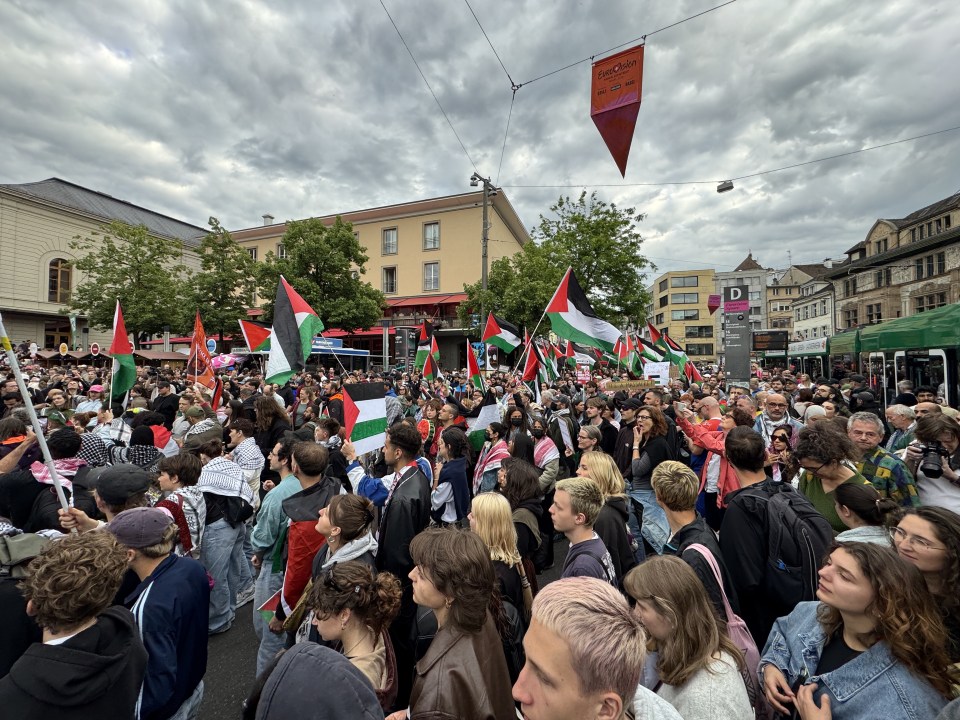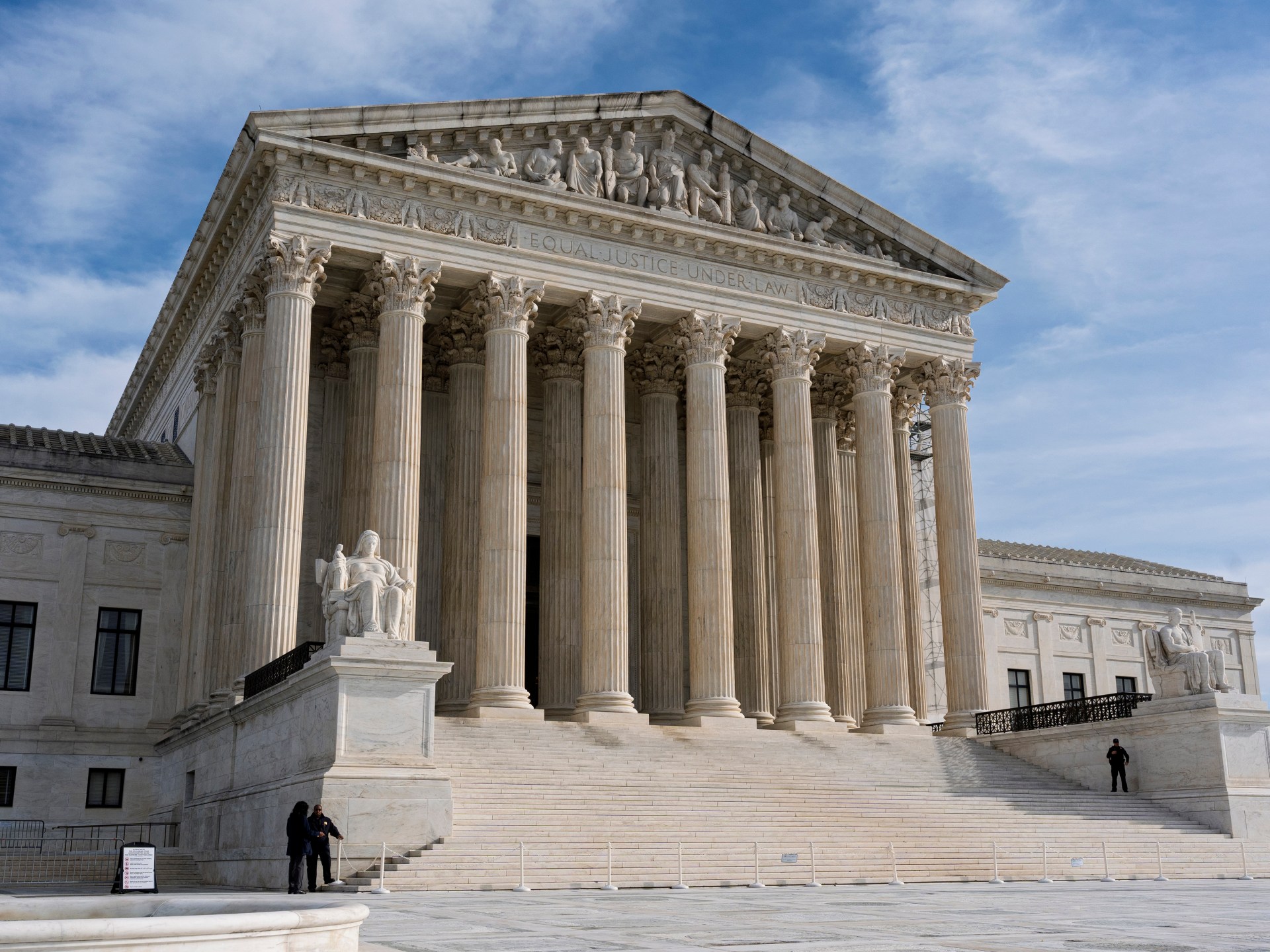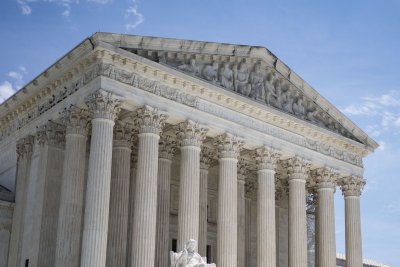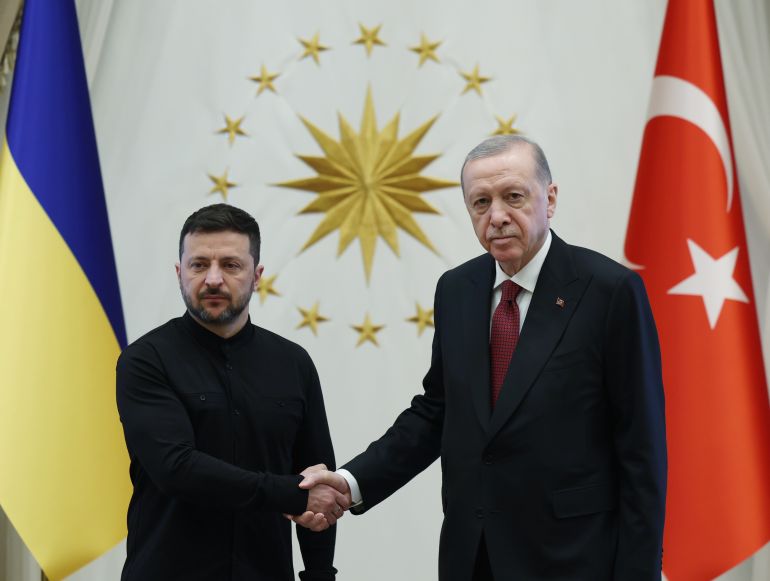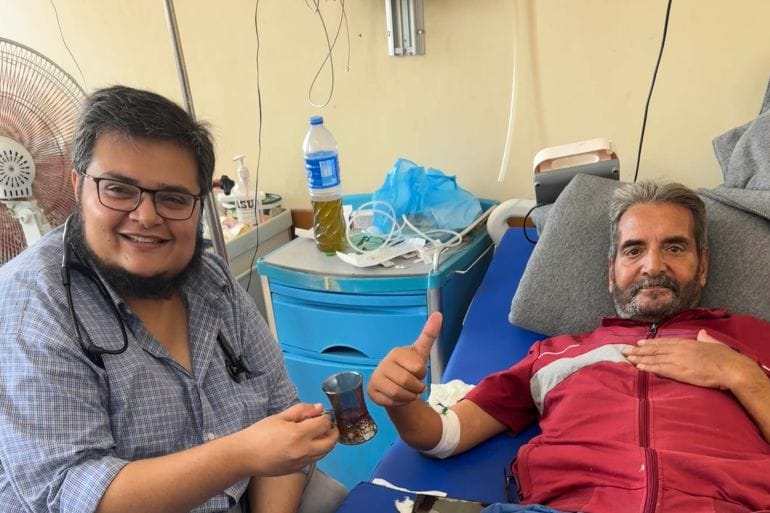Major bank to make big change to 47 accounts in weeks impacting thousands – do you need to act?
A MAJOR building society will make a big change to 47 savings accounts in weeks.
Nationwide is slashing the rates on several of its savings accounts.
The moves comes after rate-setters on the BoE’s Monetary Policy Committee cut the base rate from 4.5% to 4.25%.
This was the fourth interest rate cut since 2020.
The base rate is used by lenders to determine the interest rates offered to customers on savings and borrowing costs.
A base rate cut can mean that mortgage rates are lowered, which is good news for homeowners.
But it can mean that savers lose out as the interest they earn on savings will drop.
As the base rate falls some lenders, including Nationwide, have chosen to lower the interest rates on some savings accounts.
That includes its Triple Access Saver account which will see interest lowered from 1.95% AER to 1.80% come July 1.
AER, or Annual Equivalent Rate, is used to show you what you could earn from a savings account over a year.
Its Cash Child Trust Fund will also have its interest lowered.
The rate will be lowered from 3.55% AER to 3.30% next month.
Meanwhile, the interest on its Help To Buy ISA will be lowered from 2.90% to 2.70%
You can take a look at the full list of account changes below
- Branch Limited Access
- Previous rate: 1.90% AER/gross (variable)
- New rate: 1.75% AER/gross (variable)
- Limited Access Online Saver
- Previous rate: 1.90% AER/gross (variable)
- New rate: 1.75% AER/gross (variable)
- Limited Access Saver
- Previous rate: 1.90% AER/gross (variable)
- New rate: 1.75% AER/gross (variable)
- Branch Reward Single Access ISA
- Previous rate: 3.35% AER/tax-free (variable)
- New rate: 3.25% AER/tax-free (variable)
- Branch Single Access ISA
- Previous rate: 3.35% AER/tax-free (variable)
- New rate: 3.25% AER/tax-free (variable)
- Reward Single Access ISA
- Previous rate: 3.35% AER/tax-free (variable)
- New rate: 3.25% AER/tax-free (variable)
- Branch Single Access
- Previous rate: 3.35% AER/gross (variable)
- New rate: 3.25% AER/gross (variable)
- Single Access Saver
- Previous rate: 3.35% AER/gross (variable)
- New rate: 3.25% AER/gross (variable)
- Triple Access Online ISA
- Previous rate: 1.80% AER/tax-free (variable)
- New rate: 1.60% AER/tax-free (variable)
- Branch Triple Access ISA
- Previous rate: 1.95% AER/tax-free (variable)
- New rate: 1.80% AER/tax-free (variable)
- Triple Access ISA
- Previous rate: 1.95% AER/tax-free (variable)
- New rate: 1.80% AER/tax-free (variable)
- Branch Easy Access ISA
- Previous rate: 1.55% AER/tax-free (variable)
- New rate: 1.30% AER/tax-free (variable)
- Easy Access ISA
- Previous rate: 1.55% AER/tax-free (variable)
- New rate: 1.30% AER/tax-free (variable)
- Easy Access ISA 2
- Previous rate: 1.55% AER/tax-free (variable)
- New rate: 1.30% AER/tax-free (variable)
- e-ISA
- Previous rate: 1.55% AER/tax-free (variable)
- New rate: 1.30% AER/tax-free (variable)
- Fixed Term ISA Maturity
- Previous rate: 1.55% AER/tax-free (variable)
- New rate: 1.30% AER/tax-free (variable)
- Fixed Term Cash ISA Maturity
- Previous rate: 1.55% AER/tax-free (variable)
- New rate: 1.30% AER/tax-free (variable)
- Inheritance ISA
- Previous rate: 1.55% AER/tax-free (variable)
- New rate: 1.30% AER/tax-free (variable)
- Branch Reward Saver
- Previous rate: 3.30% AER/gross (variable)
- New rate: 3.20% AER/gross (variable)
- Reward Saver
- Previous rate: 3.30% AER/gross (variable)
- New rate: 3.20% AER/gross (variable)
- Help to Buy: ISA
- Previous rate: 2.90% AER/tax-free (variable)
- New rate: 2.70% AER/tax-free (variable)
- e-Savings Plus
- Previous rate: 1.90% AER/gross (variable)
- New rate: 1.75% AER/gross (variable)
- Branch Smart Limited Adult
- Previous rate: 2.85% AER/gross (variable)
- New rate: 2.75% AER/gross (variable)
- Branch Smart Limited Child
- Previous rate: 2.85% AER/gross (variable)
- New rate: 2.75% AER/gross (variable)
- Smart Limited Access Adult
- Previous rate: 2.85% AER/gross (variable)
- New rate: 2.75% AER/gross (variable)
- Smart Limited Access Child
- Previous rate: 2.85% AER/gross (variable)
- New rate: 2.75% AER/gross (variable)
- Future Saver
- Previous rate: 3.55% AER/gross (variable)
- New rate: 3.30% AER/gross (variable)
- Children’s Future Saver Issue 1
- Previous rate: 3.55% AER/gross (variable)
- New rate: 3.30% AER/gross (variable)
- Branch Future Saver
- Previous rate: 3.55% AER/gross (variable)
- New rate: 3.30% AER/gross (variable)
- Cash Child Trust Fund
- Previous rate: 3.55% AER/gross (variable)
- New rate: 3.30% AER/gross (variable)
- Child Trust Fund Maturity ISA
- Previous rate: 3.55% AER/gross (variable)
- New rate: 3.30% AER/gross (variable)
- Junior ISA Maturity
- Previous rate: 3.55% AER/gross (variable)
- New rate: 3.30% AER/gross (variable)
- Smart Junior ISA
- Previous rate: 3.55% AER/gross (variable)
- New rate: 3.30% AER/gross (variable)
- Branch Flex Saver
- Previous rate: 1.65% AER/gross (variable)
- New rate: 1.50% AER/gross (variable)
- Flex Online Saver Issues 1 and 2
- Previous rate: 1.65% AER/gross (variable)
- New rate: 1.50% AER/gross (variable)
- Flexclusive Saver
- Previous rate: 1.65% AER/gross (variable)
- New rate: 1.50% AER/gross (variable)
- Flex Saver
- Previous rate: 1.65% AER/gross (variable)
- New rate: 1.50% AER/gross (variable)
- Corporate Savings
- Previous rate: 1.56% AER/1.55% gross (variable)
- New rate: 1.30% AER/1.30% gross (variable)
- Branch Flex ISA
- Previous rate: 1.60% AER/tax-free (variable)
- New rate: 1.50% AER/tax-free (variable)
- Flex ISA
- Previous rate: 1.60% AER/tax-free (variable)
- New rate: 1.50% AER/tax-free (variable)
- Instant Access Saver Issue 10
- Previous rate: 1.85% AER/gross (variable)
- New rate: 1.70% AER/gross (variable)
- Single Access ISA
- Previous rate: 3.35% AER/tax-free (variable)
- New rate: 3.25% AER/tax-free (variable)
- 1 Year Triple Access Online ISA
- Previous rate: 4.00% AER/tax-free (variable)
- New rate: 3.75% AER/tax-free (variable)
- 1 Year Triple Access Online ISA Issues 16 and 17
- Previous rate: 4.00% AER/tax-free (variable)
- New rate: 3.75% AER/tax-free (variable)
- 1 Year Triple Access Online ISA Issue 18
- Previous rate: 4.00% AER/tax-free (variable)
- New rate: 3.75% AER/tax-free (variable)
- 1 Year Triple Access Online Saver Issues 3, 5, 9, 12, 15, 16, 17
- Previous rate: 4.00% AER/gross (variable)
- New rate: 3.75% AER/gross (variable)
- 1 Year Triple Access Online Saver Issue 18
- Previous rate: 4.00% AER/gross (variable)
- New rate: 3.75% AER/gross (variable)
If you are not happy with the change, it is always worth looking at other providers to see if you can get a better deal.
Websites such as MoneyFacts share the best offers on the market for savings and other types of bank accounts.
OTHER BANKING CHANGES
Nationwide is not the only bank lowering the interest on some of its deals.
Leeds Building Society is slashing the rates on 58 of its savings accounts.
That includes its Five Access Saver which will have its interest rates lowered from 3.77% AER to 3.55% come June 27.
Meanwhile, Vault customers will see interest rates on their account from 3.80% AER to 3.65% come June 26.
The change will take place from June 23, but dates can vary from offer to offer.
Online bank Monzo also lowerd the intertest on its Personal Instant Access Savings Pots from from 3.50% AER to 3.25% AER.
SAVING ACCOUNT TYPES
THERE are four types of savings accounts fixed, notice, easy access, and regular savers.
Separately, there are ISAs or individual savings accounts which allow individuals to save up to £20,000 a year tax-free.
But we’ve rounded up the main types of conventional savings accounts below.
FIXED-RATE
A fixed-rate savings account or fixed-rate bond offers some of the highest interest rates but comes at the cost of being unable to withdraw your cash within the agreed term.
This means that your money is locked in, so even if interest rates increase you are unable to move your money and switch to a better account.
Some providers give the option to withdraw, but it comes with a hefty fee.
NOTICE
Notice accounts offer slightly lower rates in exchange for more flexibility when accessing your cash.
These accounts don’t lock your cash away for as long as a typical fixed bond account.
You’ll need to give advance notice to your bank – up to 180 days in some cases – before you can make a withdrawal or you’ll lose the interest.
EASY-ACCESS
An easy-access account does what it says on the tin and usually allows unlimited cash withdrawals.
These accounts tend to offer lower returns, but they are a good option if you want the freedom to move your money without being charged a penalty fee.
REGULAR SAVER
These accounts pay some of the best returns as long as you pay in a set amount each month.
You’ll usually need to hold a current account with providers to access the best rates.
However, if you have a lot of money to save, these accounts often come with monthly deposit limits.




















